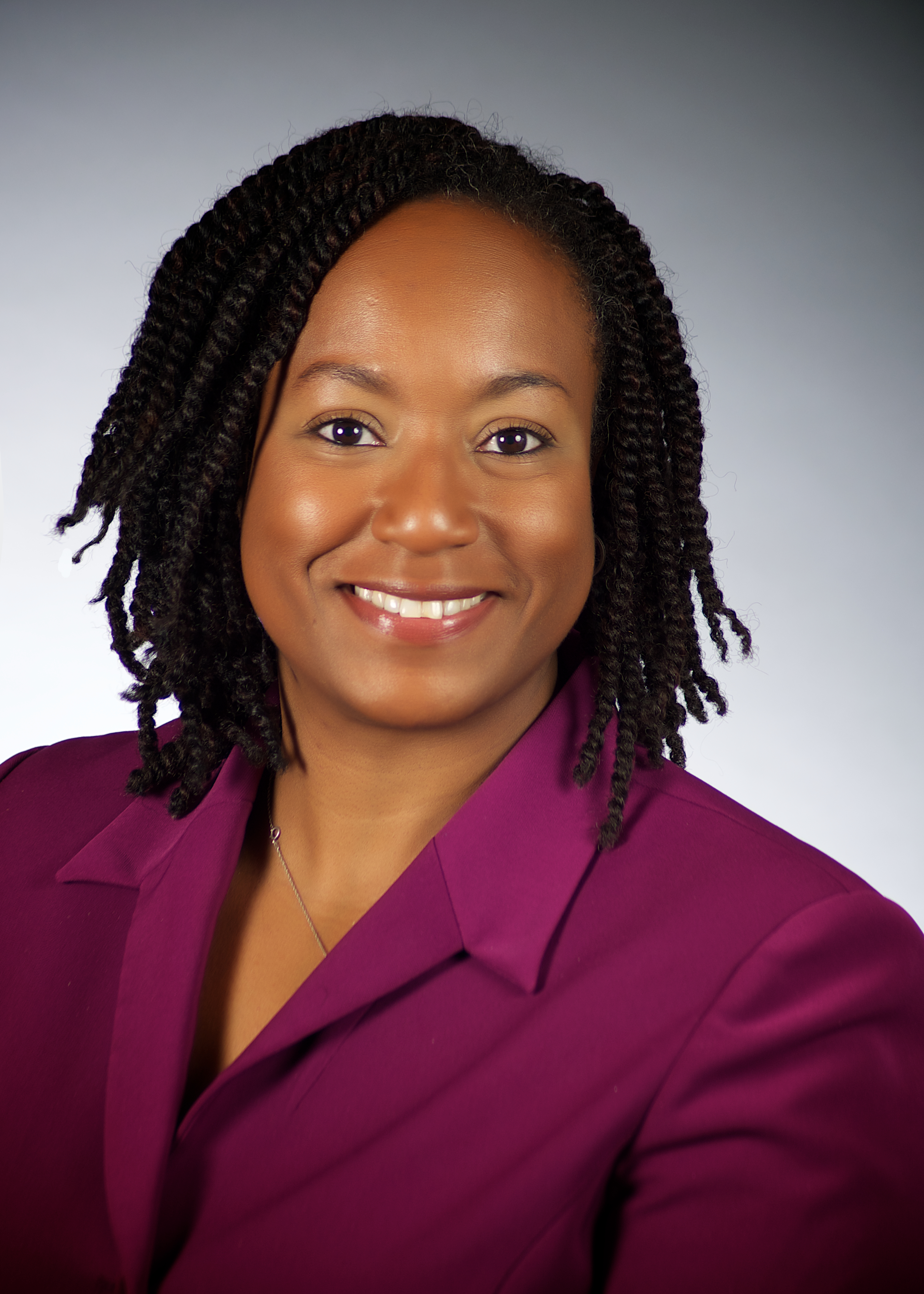Click here at 1 PM ET on September 24th to Enter The Chat!
According to the Kaiser Family Foundation (KFF) a health disparity exists when one group bears a higher burden of illness, injury, disability, or mortality relative to another as a result of conditions closely linked to social, economic, or environmental disadvantage. Conversely, the Robert Wood Johnson Foundation (RWJF) defines health equity as a desired state where “everyone has a fair and just opportunity to be as healthy as possible.” But RWJF also points out that achieving health equity involves “removing obstacles to health such as poverty, discrimination, and their consequences, including powerlessness and lack of access to good jobs with fair pay, quality education and housing, safe environments, and health care.”
The American Public Health Association (APHA) suggests that “being explicit is key to ensuring that vulnerable populations receive the social and economic resources needed to be healthy as possible.” Doing so involves naming the groups impacted and publicly committing resources to addressing the determinants of health that are unfairly causing those groups to experience suboptimal outcomes.
Cooperative Extension has a long history of providing educational programs which help build health literacy. But given what we know about the root causes of health disparities, are these programs alone sufficient to change the health trajectories of individuals experiences suboptimal health outcomes? Might it be necessary for Cooperative Extension to focus more explicitly on reducing or eliminating disparities in health outcomes between groups? How does that align with the mission of Cooperative Extension and the land grant university system?
Join this chat for an engaging discussion with your colleagues about one of the most important issues of our time.
Featuring:
Dawn E. Burton has amassed a diverse portfolio of cross industry experience over the span of a 15 year professional career. Her career path inception was with a top tier consulting firm with an emphasis in both the technical and functional business processes. Program creation, development, and implementation of health and wellness educational programs have been a passion and an on-going personal interest. Ms. Burton’s personal and professional experiences are rich with frontline expertise in organizational and leadership development, project management, instructional design and facilitation, creative problem-solving, strategic planning, and budgeting. Her educational accomplishments include a Masters of Science (2010) and a Bachelor of Science (1995) in Chemistry from Prairie View A & M University in Prairie View, Texas. 
As the Program Specialist in Health, for Family and Community Health (FCH) within the Cooperative Extension Program (CEP), in the College of Agriculture at Prairie View A&M University, her responsibilities include providing statewide guidance to the county plan of work on issues related to individual/family health and wellness issues. Dawn is charged with providing leadership to plan, implement and evaluate educational programs, develop training materials, write and manage grants. Over the last seven years, Ms. Burton’s grant programs total approximately $1,628,954.00 in funding awards. The work location for this position is the University's College of Nursing, located in the Texas Medical Center in Houston, TX.
Hosted By:
Roger Rennekamp serves as Extension Health Director for the Cooperative Extension System. In that role, he provides leadership to a systemwide initiative to expand the role of Cooperative Extension and the nation’s land grant universities in supporting community-based efforts to build a healthier nation. A specific focus of his work is on catalyzing efforts that address social, environmental, and economic conditions which create health disparities across populations. 
Immediately prior to this position, Rennekamp served as Director of Ohio State University Extension where he provided administrative leadership to a statewide network of university faculty and staff charged with mobilizing the knowledge resources of the institution for the direct benefit of Ohioans. Prior to coming to Ohio, Roger served as Associate Dean for Outreach and Engagement in the College of Public Health and Human Sciences at Oregon State University where he led an effort to build the nation’s first health-focused Extension program within an accredited school of public health. He also led Oregon State’s effort to achieve the Carnegie elective classification for Community Engagement. Earlier in his career he served as an Extension Specialist in Program and Staff Development at the University of Kentucky.
Roger is a lifelong champion of land grant outreach and community engagement. He is a graduate of the Engagement Academy and has written broadly about outreach and engagement throughout his career. He is a founding fellow of the Academy of Community Engaged Scholarship.
Rennekamp earned his Ph.D. from The Ohio State University in Extension Education and a Master of Science degree from Morehead State University. His baccalaureate degree is from the University of Kentucky.

Comments (1)